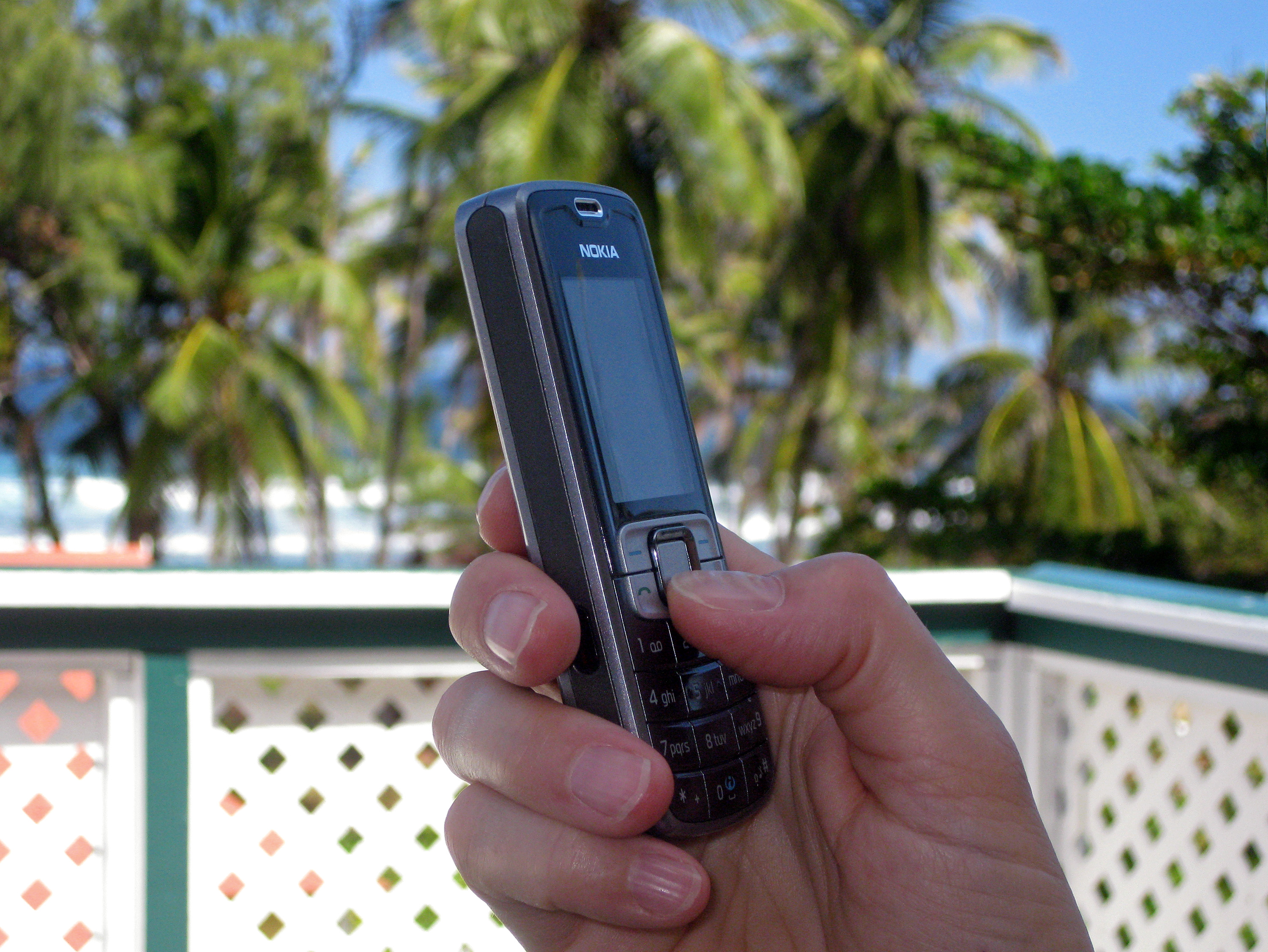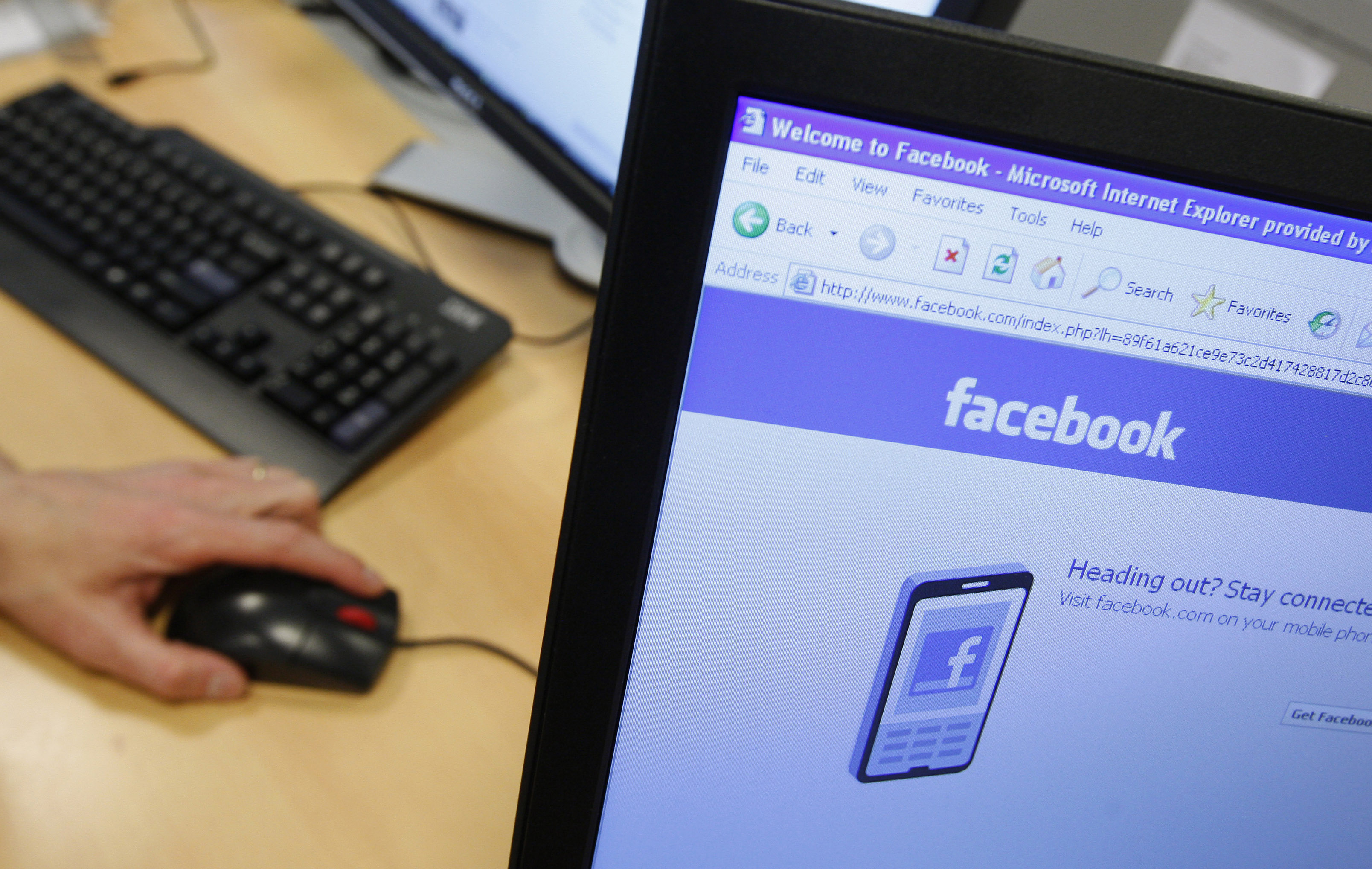Consumer groups slam high roaming charges

Swiss holidaymakers might come home with much more than a suntan – they might also face a steep mobile phone bill due to high roaming costs.
The Swiss are currently paying much more than their European neighbours for phone calls, text messages and downloading abroad, a situation consumer groups want to change. However, the government is not set to intervene.
“Swiss mobile phone tariffs abroad are a total cheek and we cannot tolerate this in the long term,” said Peter Salvisberg, member of the board at the K-Tipp consumer magazine.
Swiss consumers pay more than all the members of the 27-strong European Union and the gap is going to get bigger. On July 1 the EU introduced a common tariff: calling from abroad will cost no more than 35 euro cents (43 Swiss cents) a minute and sending a text less than 11 euro cents.
By contrast, a phone call home from Greece for a Swiss mobile phone user could cost up to SFr2 a minute, around four times more in Swiss currency than for an Italian, French or German holidaymaker on a neighbouring beach towel.
Surfing is also expensive, with big differences between Swiss and foreign operators.
“Vodafone Italia offers a daily rate of €2 (SFr2.70) for 50 megabytes of data transmitted. Deutsche Telekom allows unlimited surfing abroad for around €15 a week,” Ralf Beyeler, telecoms expert at price comparison website comparis.ch, told swissinfo.ch.
“Swisscom, the biggest Swiss telecom company, wants SFr7 per ten megabytes of data.”
Government opt-out
The EU started tackling high roaming charges four years ago, but there seems to be no urgency on the Swiss side. The government has said it does not intend to impose lower tariffs.
“The Swiss government has decided not to include this issue in the bilateral accords III package because it’s already overloaded. At present the cabinet does not even intend to put this issue on the agenda,” Roberto Rivola, a spokesman for the Federal Communications Office, told swissinfo.ch.
Swiss operators could fix a single tariff with EU members by means of a bilateral accord. This would avoid Swiss telecoms firms and foreign companies reaching agreements, a situation that would favour a drop in prices.
But the government has decided to leave it up to individual companies to lower their roaming rates. The only change has been from July 1, 2010 the obligation for firms to inform their clients by text message about the costs of phoning, texting and data transmission abroad as soon as they cross the Swiss border.
From July this year, Swisscom is also warning its customers if they have reached a predetermined spending limit and will then automatically block surfing on the Web.
The federal ordinance, which speaks of mobile phone operators informing their clients “without delay, free of charge and in an understandable manner about the maximum costs of international roaming services”, seems not to be followed closely by all the companies involved.
“Recently I travelled abroad with two friends, all with different mobile phone operators: one of us got the message five minutes after crossing the national border, one after two hours and the third, three days later,” said Beyeler.
Nevertheless, he believes the regulations are a first step in the right direction.
Petition pressure
K-Tipp does not agree. On June 15 it handed in a petition signed by 55,000 people to Doris Leuthard, the minister in charge of communications.
“It only took five weeks to gather these signatures,” Salvisberg said. “This shows that people have had enough of Swiss telecoms companies’ exorbitant rates. We are therefore calling on Doris Leuthard to intervene at Swisscom, a firm in which the government is the majority shareholder, to ensure that international roaming costs are reduced.”
According to Salvisberg, in a free market the move would oblige other operators to drop their prices, which would remove the need for an agreement with Brussels.
“Norway, Liechtenstein and Iceland, all non-EU members, have adopted the European tariffs. Why can’t Switzerland do the same? It’s a question many consumers are asking,” added Salvisberg, who is hoping for a satisfactory reply from Leuthard in the next few weeks.
“We’ve had enough. We can’t allow this issue to become yet another unresolved problem. We are following the situation closely and, if needed, we are ready to undertake all the steps necessary to ensure that Swiss consumers are no longer cheated.”
How to avoid a big mobile phone bill at the end of your holidays:
Switch off your mobile during your vacation: you also pay for receiving calls abroad.
Deactivate your combox. You pay three times for messages left in your combox: once for connecting to a foreign network, once for connecting to the combox and a once for listening to the message.
Send texts instead of calling or use an internet café from which you can cheaply call abroad.
Have people call you from Switzerland in your hotel room.
Buy a prepaid card abroad if you make frequent calls.
Don’t surf the internet using your mobile phone or only using the wireless connection (WLAN).
(Translated from Italian by Isobel Leybold-Johnson)

In compliance with the JTI standards
More: SWI swissinfo.ch certified by the Journalism Trust Initiative




You can find an overview of ongoing debates with our journalists here. Please join us!
If you want to start a conversation about a topic raised in this article or want to report factual errors, email us at english@swissinfo.ch.